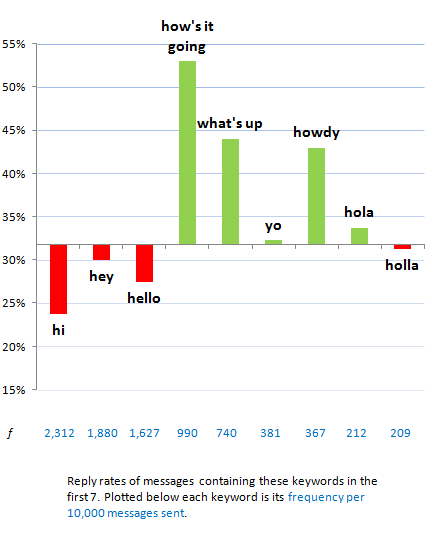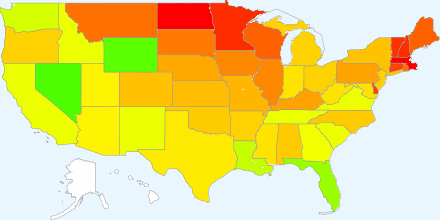Internet dating has dramatically changed the way people look for romance. Eyes meeting across a crowded dance floor are increasingly becoming a thing of the past. A strange consequence of technology is its success as a match-making tool. But not everyone is thrilled.
One popular blog, ineed2know recently identified some common challenges with Internet Dating:
- Liars
- Neediness
- Married People
- Outsized focus on Sex
But others have looked at the problem at a higher level. One critique says these websites define categories, and thus delineate how people ought to think about prospective matches. JDate.com, a Internet dating site for single Jews provides fields for users to enter data on the which brand of Judaism they follow and how often they go to Synagogue. Critics have argued that this forces people to answer a question that they might want to keep confidential.
Others counter that those fields are optional. Just like 'annual income', fields about Synagogue attendance can be left blank. But a blank field can say just as much as one that is filled in.
Another criticism is that specialized Internet dating encourages the Balkanization of the dating market. Shaadi.com, a popular dating site for Indians not only allows searches on personality traits but also, religion, caste and ethnic grouping.
These searches can discourage singles who enjoy diversity, by making it easier and more legitimate to search for a match in one's own ethnic group.
Darrell Lerner, co-founder of AreYouInterested.com thinks the criticism is overblown. He argues that the tools ultimately make it easier for people to find what they're looking for. Moreover, the marketplace is so diverse, there is "something for everyone". But there has definitely been a change.
"In the past, people might feel a spark in a bar, but they wouldn't know anything about the person they were staring at. Now, while it's true that the first impression is mediated by technology, at least users have more information about the people they're meeting."
In the Information Age, there is no doubt that Science has infiltrated the singles scene. Sites like eHarmony.com use algorithms to match singles based on dimensions of compatibility. Other sites match users based on psychometric testing.
Most sites keep their data close to their vests, but OKCupid.com publishes data about their users' activity and responses. They study which emails garner a reply, and posted an interesting analysis of which salutations are the most successful (the average reply rate is 32%).

They also asked their users: Would you consider role-playing out a RAPE FANTASY
with partner who asked you to?
340,000 people answered, and they plotted the results on map. "Green" states responded "Yes" more than the national average, "Red" responded "NO" more than the National average.

![]()
Their blog also publishes data on race and response rates: How Your Race Affects The Messages You Get.
Purist may lament that passing of a by-gone age, but there is no doubt that Internet Dating is successful. The $4 billion dollar industry has not only connected millions looking for sex, love and marriage, but it has also been a boon to a burgeoning academic field: Relationship Science.
